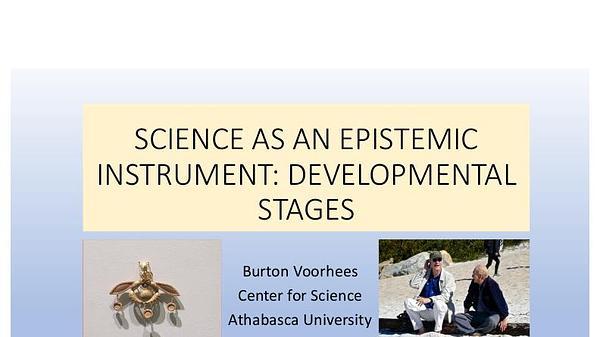Would you like to see your presentation here, made available to a global audience of researchers?
Add your own presentation or have us affordably record your next conference.
Abstract:
This abstract is for a master’s thesis. Data collection will be completed before September.
The rice theory of culture hypotheses that wet-rice farming fosters the development of collectivistic cultures. This study aims to determine whether the rice theory of culture can predict between-prefecture variation in the degree of collectivism/individualism in Japan. Utilizing agricultural data in conjunction with self-report data from 4,254 respondents to the Japanese Social Survey (JGSS), I tested whether the proportion of agricultural land set aside for wet-rice farming in each prefecture predicted cross-prefecture variation in collectivism. In a second analysis, this study assessed whether the historical duration for which peoples have been wet-rice farming predicts cross-regional variation in collectivism. In order to answer this question, this study introduced a novel methodology, incorporating archaeological data for the introduction of rice farming to various regions of Japan. As far as the author is aware, this is the first time a study has analyzed whether temporal “dosing” of exposure to rice farming practices predicts cross-regional variation in psychology. Through its use of archaeological and JGSS data, this work tests the rice theory of culture in previously unexplored ways and investigates the origins of regional psychological variation across Japan.
Speaker's social media:
Twitter: @LiamMcClainAnthro
